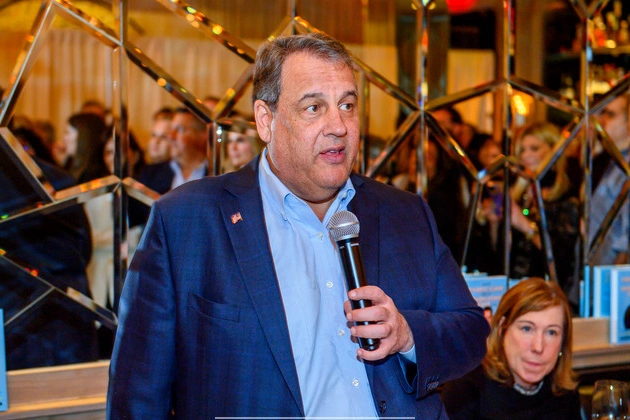
Former New Jersey Gov. Chris Christie expressed strong criticism towards President Donald Trump’s recent pardons, pointing out the alarming trend of leniency towards white-collar criminals. In a conversation with George Stephanopoulos on ABC’s ‘This Week,’ Christie highlighted the concerning message being sent by these pardons.
Trump’s Pardons Under Scrutiny
Christie specifically addressed the pardon of Paul Walczak, a former nursing home executive convicted of embezzling millions from his employees. The White House defended the pardon, attributing it to political targeting by the Biden administration. However, Christie emphasized the severity of Walczak’s actions, stating, ‘This guy stole 10 million dollars in payroll taxes, funds meant for his employees’ taxes.’
Having a history of legal prosecution, Christie drew attention to the broader implications of Trump’s pardons, especially in cases involving fraud. Citing examples ranging from pay-to-play schemes to political loyalty requirements for pardons, Christie highlighted the unprecedented approach taken by the current administration.
Political Loyalty Over Justice?
One common thread among Trump’s pardons, according to Christie, is the emphasis on unwavering support for the President. This criterion, Christie noted, transcends traditional considerations of justice and fairness, raising concerns about the politicization of the pardon process.
Among the notable figures granted clemency by Trump are individuals with ties to high-profile cases and political controversies, including Todd and Julie Chrisley, Jason Galanis, and Devon Archer. The selective nature of these pardons, as outlined by Christie, reflects a pattern of rewarding loyalty over legal merit.
Challenges to Judicial Integrity
Christie’s critique extends beyond individual cases to the broader implications for judicial integrity and the rule of law. By highlighting the role of political allegiance in securing pardons, Christie raises fundamental questions about the ethical underpinnings of the pardon system.
As the debate surrounding Trump’s pardons continues, Christie’s perspective offers a critical assessment of the intersection between political power, legal accountability, and the protection of public interests.











